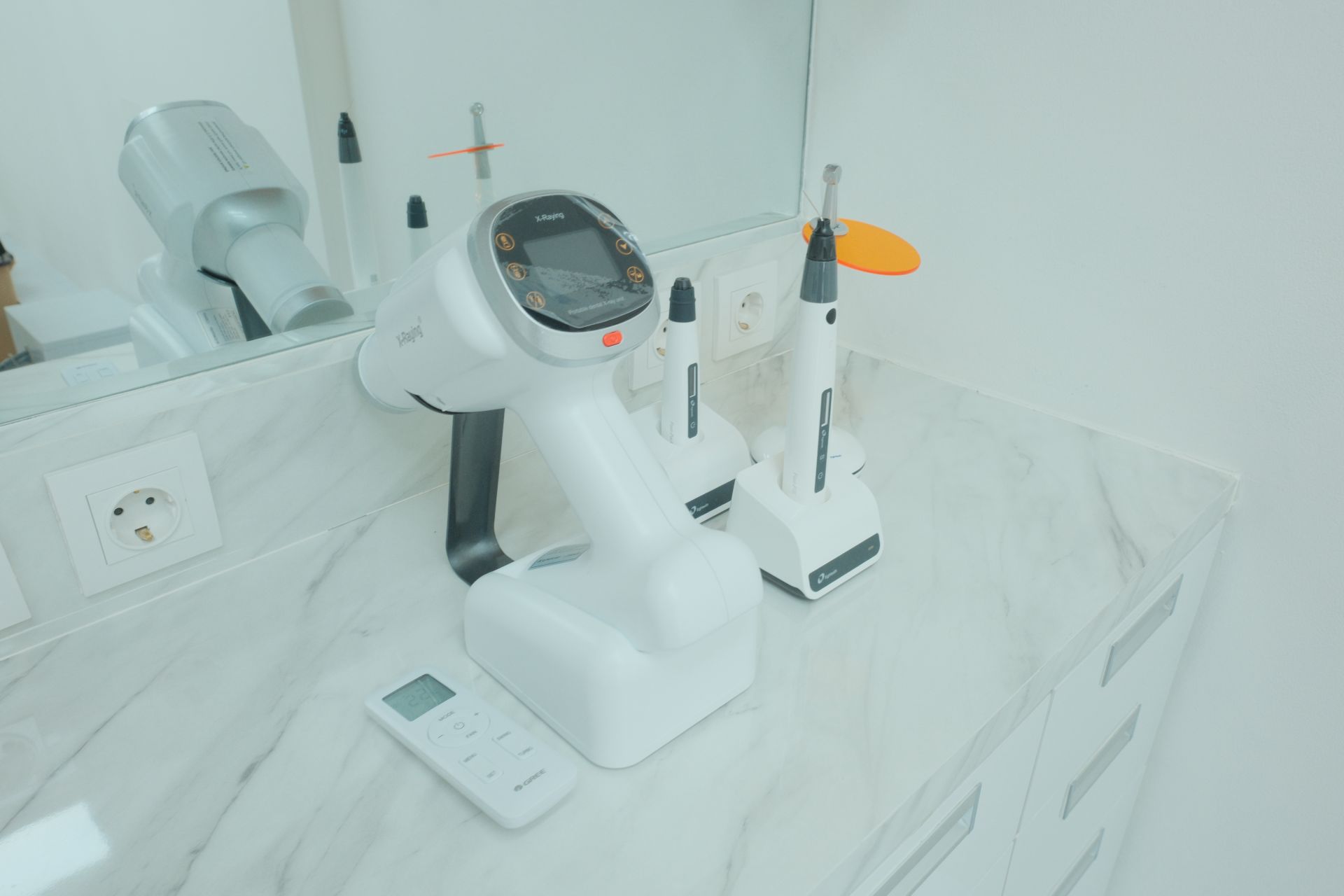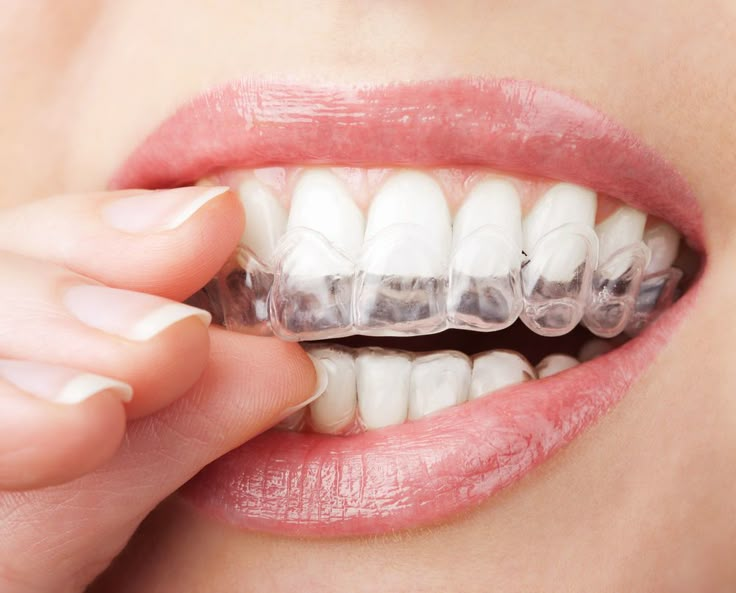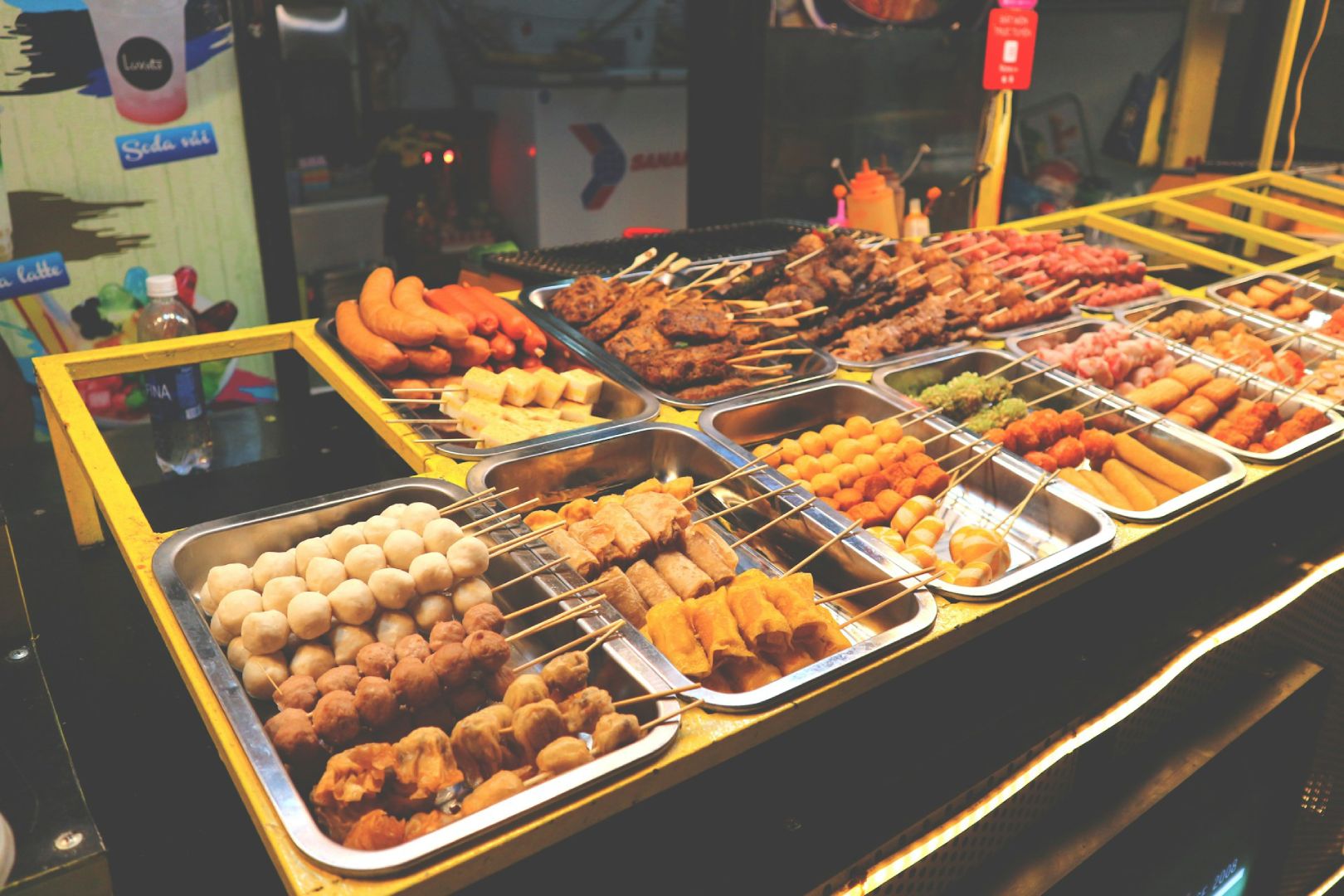When we think about foods that are bad for our teeth, sugary candy and soda usually top the list. But there’s another silent culprit that often goes unnoticed: ultra-processed foods. These are industrial formulations packed with additives, preservatives, and refined sugars — the kind of items you’ll often find in shiny wrappers and long shelf-life packaging. While convenient and sometimes comforting, they can wreak havoc on your oral health in ways that go beyond just cavities.
1. Flavored Yogurts & Breakfast Bars
Though marketed as “healthy,” many commercial yogurts and bars are loaded with hidden sugars and acids that feed bacteria in your mouth. This can erode enamel and increase your risk of tooth decay — especially when consumed regularly as snacks throughout the day.
2. Packaged White Bread & Refined Grains
Refined carbs break down into simple sugars quickly and tend to stick to your teeth, becoming food for harmful bacteria. The result? Acid production, plaque buildup, and a higher chance of developing gum disease — especially when these are consumed without rinsing or brushing soon after.
3. Carbonated Soft Drinks & Energy Drinks
Even sugar-free versions can damage your teeth. The high acid content weakens tooth enamel over time, making teeth more sensitive and more prone to erosion. These drinks are especially harmful when sipped slowly over time, giving acids more opportunity to do damage.
4. Processed Meats & Instant Noodles
Packed with sodium, preservatives, and artificial flavor enhancers, these may not directly cause cavities but often lead to dry mouth — reducing your natural saliva flow, which is crucial for neutralizing acids and washing away debris.
5. Candy-like Chewing Gums and Fruit Snacks
Sticky, chewy, and often full of glucose syrup, these treats cling to teeth long after you’ve finished chewing — creating the perfect breeding ground for decay-causing bacteria.
But What About Balinese Food?
While ultra-processed snacks often steal the spotlight when it comes to oral health concerns, it’s also worth paying attention to certain traditional foods — especially if you’re indulging in Bali’s irresistible cuisine during your trip. Balinese dishes are packed with bold spices, rich textures, and local ingredients that make every meal a cultural experience. But not all of them are tooth-friendly.
Hard-to-chew items like samsam merekak (crispy pork belly) and crunchy street snacks such as kerupuk or rempeyek can pose a risk, particularly if you’ve had recent dental work or wear restorations like veneers or crowns. Some grilled dishes may also contain hidden bones or overly charred bits that challenge even the healthiest enamel. Add to that the tropical cocktails, arak-based drinks, or acidic mixers like citrus and soda — and suddenly, your holiday menu could be giving your teeth more than just a flavorful punch.
Enjoying local delicacies is part of the Bali experience, but chew carefully, rinse after acidic meals or drinks, and balance indulgence with mindful oral care. After all, savoring the island’s flavors shouldn’t come at the cost of your smile.
Travel Tip:
If you’re dining out in Bali, chew mindfully, especially with unfamiliar textures. When in doubt, ask the server about bone content or how crispy something might be. It’s also wise to avoid using your front teeth to bite into tough meats or hard snacks — and to steer clear of anything too crunchy or sticky if you have veneers, crowns, or other dental work. Enjoy the culinary adventure but remember: your smile will thank you for a little caution.



